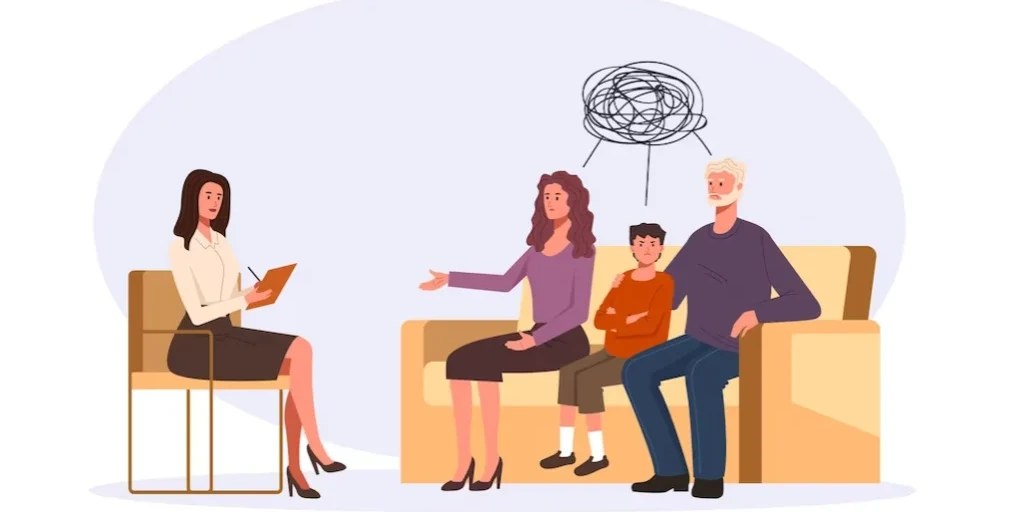24/7 Helpline:
(866) 899-221924/7 Helpline:
(866) 899-2219
Learn more about Residential Rehab centers in Clear Lake
Residential Rehab in Other Cities

Other Insurance Options

Magellan

Humana

Multiplan

Oxford

Health Net

Ambetter

BlueCross

Excellus

Optum

Health Choice

United Health Care

Health Partners

UnitedHealth Group

Horizon Healthcare Service

Ceridian

EmblemHealth

Holman Group

Aetna

Highmark

AllWell








Recovery Zone
Recovery Zone is a private rehab located in Rock Falls, Illinois. Recovery Zone specializes in the t...

Prairie Ridge Integrated Behavioral Healthcare
Prairie Ridge Integrated Behavioral Healthcare offers outpatient and inpatient treatment for individ...

Mercy Medical Center – Mental Health Unit
Mercy Medical Center – Mental Health Unit is a private rehab located in Mason City, Iowa. Mercy Medi...














Adults
Adults is a private rehab located in Mason City, Iowa. Adults specializes in the treatment of alcoho...

AA – Alcoholics Anonymous
AA – Alcoholics Anonymous is a non-profit rehab located in Mason City, Iowa. AA – Alcoholics Anonymo...

Mercy Rehabilitation Services
Mercy Rehabilitation Services is a private rehab located in Mason City, Iowa. Mercy Rehabilitation S...





















































































